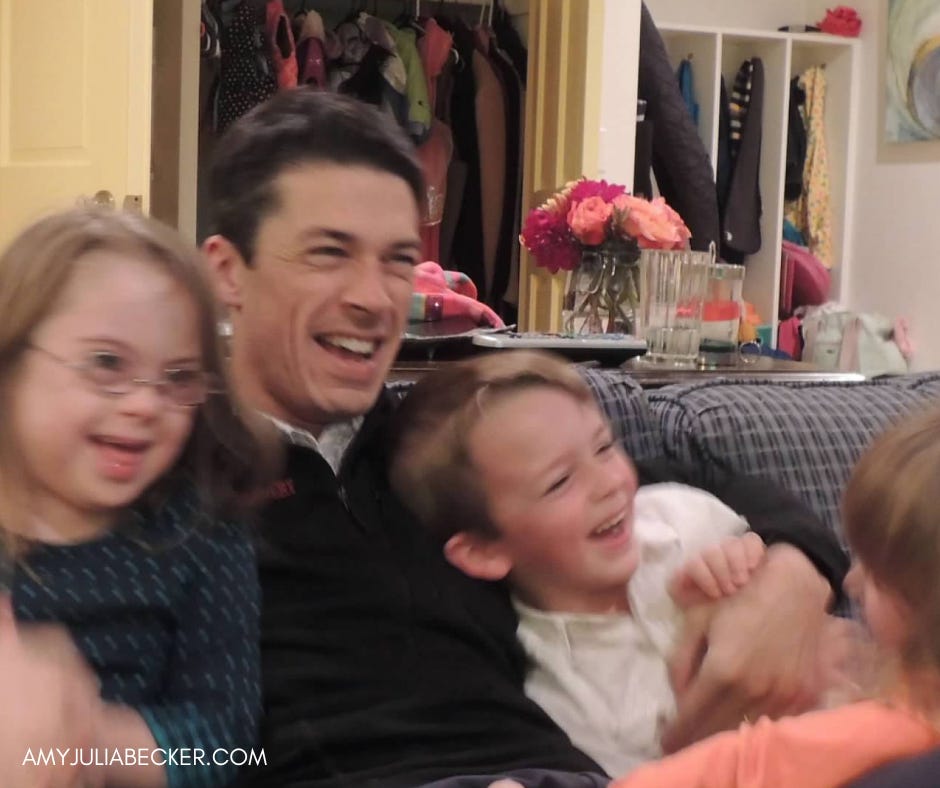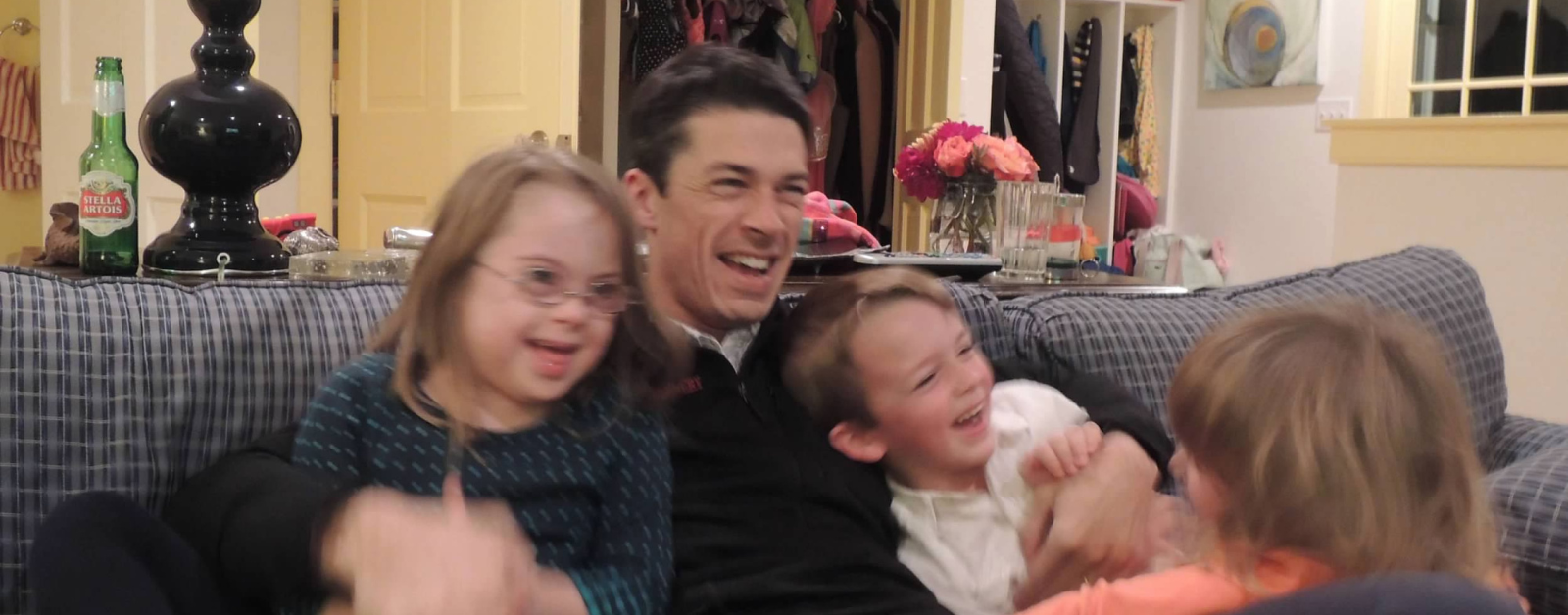Here in Connecticut, we are settling into the rhythms of fall, with soccer games and afterschool activities and the waning temperatures of summer and the advent of golden leaves amidst the bright green. I finished up a new live workshop on Reimagining Family Life with Disability, and I’m in conversation with multiple groups about how they could use the videos from this series to serve people in their local communities.
Every Child, Every Person Matters
That workshop, and those conversations, reminded me of the first time I taught the course last spring. At the end of that time, I came away all the more convinced:
- that each and every human life matters,
- that each and every one has value,
- that we collectively need the gifts that each and every human has to offer.

I also came away with the realization that many parents don’t know how much their child matters to the rest of us. They know how much they love their kids. They know their child matters to them. But for parents and caregivers who constantly hear a message of deficiency and challenge, the message that their community needs their child is both a surprise and a balm.
Whether your child has mental health concerns, behavioral challenges, physical or intellectual disabilities or other diagnoses or if your kid is just a typical kid—your child matters. Their needs matter. Their gifts matter. We need them. And yet our culture often communicates a different message, one that focuses on the way they disrupt or fail to conform. That cultural message can lead parents to feel apologetic about their child’s presence or to feel grateful for even the smallest display of kindness or justice.
2 Questions to Celebrate Every Child
I had a conversation with a friend whose daughter had recently been diagnosed with autism. She told me how hard it had been—the challenges they had communicating with her, the times she moaned without words and they couldn’t make it better, the fears they had for the future. It was easy for me to construct a bleak picture of their life together with a one-dimensional portrait of their child. It was easy for me to imagine this child as a burden.
But then I asked the question, “What do you love about her?” My friend’s face lit up. She talked about how affectionate her daughter is—how she loves to snuggle on the couch. She bubbled with pride at the way her daughter pays attention in her dance class.
“What does your child love?” and “What do you love about your child?” have become my favorite questions to ask parents and caregivers.
These questions don’t take away the sting of social rejection or the anxiety of what might come or any of the day-to-day hardships. But they do fill in the picture.
They do remind us of our full humanity, with joys and sorrows, fears and opportunities, challenges and loves, gifts and needs. They remind us to pay attention to the love that grounds almost all caregiving relationships. They remind us to build from that place of mutual affection and care and giving and receiving rather than from the place of missed milestones or perceived weakness.
(And yes, these questions emerge for me most profoundly in relation to kids with disabilities, but how important is it for us to remind ourselves and others of the ways we love and take delight in one another in general?)
As we come to the end of Down Syndrome Awareness month, I’m all the more convinced of how much each and every one of us matter.
Get my reflections on disability, faith, and culture delivered to your inbox each week.
Subscribe here!
More with Amy Julia:
- Workshop: Reimagining Family Life with Disability
- FREE RESOURCE: 10 Way to Move Toward a Good Future (especially for families affected by disability)
Let’s stay in touch. Subscribe to my newsletter to receive regular updates and reflections. Follow me on Facebook, Instagram, and YouTube and subscribe to my Reimagining the Good Life podcast.



